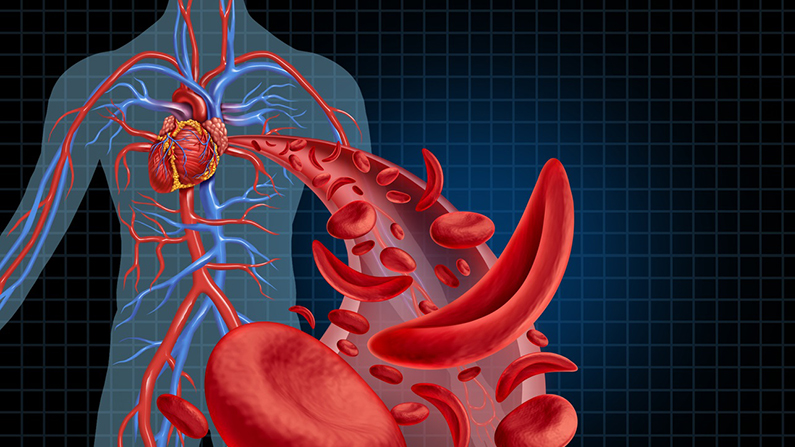Winter updates from the NIH Clinical Center Office of Patient Recruitment
Do you or someone you know have gum disease? Have previous treatments failed? Researchers at the NIH Clinical Center want to look at the oral bacteria and genetic immune problems of different people to learn how these affect gum disease and other conditions of the mouth. Contact the NIH Clinical Center Office of Patient Recruitment at 866-444-2214 (TTY users dial 7-1-1), ccopr@nih.gov or visit https://bit.ly/3W1X4UJ12D0100. Refer to study #12-D-0100.

Diffuse midline gliomas (DMG) are the most aggressive brain tumors of children and young adults. Most people with these tumors survive less than two years. Researchers at the National Cancer Institute are looking to evaluate safety of measuring anti-cancer drug, Abemaciclib levels in the brain and blood of patients after taking the drug for a few days. The findings of this study can help explain how much drug gets in the brain and how drugs work to shrink high grade gliomas to improve outcomes for these patients. This study is now enrolling adults ages 18 to 39 years old with recurrent high-grade glioma or diffuse midline glioma. There is no cost for participation, tests, treatments or procedures. To learn more, contact the NIH Clinical Center Office of Patient Recruitment at 866-444-2214 (TTY users dial 7-1-1), ccopr@nih.gov or https://bit.ly/3S6MCIG. Refer to study #22-C-0003.

A study team at the National Heart, Lung, and Blood Institute seeks people with asthma and healthy adults for a research study. Researchers are studying cells taken from the lungs of healthy individuals to compare to cells taken from individuals with asthma and other lung diseases. Compensation provided for participation. For more information, call 1-866-444-2214 (TTY users dial 7-1-1) or visit https://bit.ly/3RiD1hc. Refer to NIH study #99-H-0076.

Sickle cell disease (SCD) is an inherited blood disorder that interferes with the delivery of oxygen to the tissues. In a research study at the National Heart, Lung, and Blood Institute, investigators are exploring near-infrared spectroscopy technologies in measuring oxygen levels, blood flow and the make-up of skin and muscle in patients with SCD. For more information, contact the NIH Clinical Center Office of Patient Recruitment at 866-444-2214 (TTY users dial 7-1-1), ccopr@nih.gov or visit bit.ly/3tLVtp9. Refer to study #000844-H.
